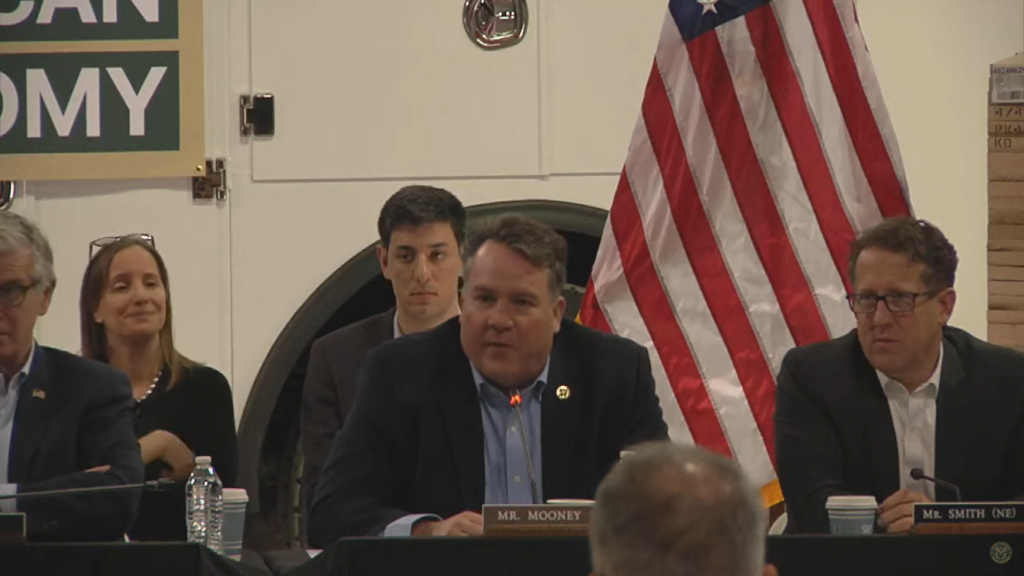The U.S. House Committee on Ways and Means, the oldest committee of the U.S. Congress held its first field hearing at Allegheny Wood Products in Petersburg, West Virginia to give citizens the chance to voice their small business’ needs to the federal government.
Representatives from across the U.S. heard from West Virginia small business owners, workers, and families about how they have been affected by inflation, supply chain problems and high energy costs. The event was also referred to as the “State of the American Economy: Appalachia.”
West Virginia Rep. Carol Miller, a Republican member of the committee, said she was excited to have her colleagues with her in her home state.
“I am really excited for the opportunity today to be able to highlight some of the stories of hard-working West Virginians, and the unnecessary struggles that they face because of an overreaching federal government,” Miller said. “From unelected bureaucrats and uninformed lawmakers, which have caused untold damage to all of our communities in southern West Virginia in particular, the effects of bad policies have been devastating.”
Members from the community were called to testify about issues they’ve faced in each of their industries. Members were: Tom Plaugher, vice president of operations at Allegheny Wood Products; Ashley Bachman owner of Cheetah B’s Restaurant; Wylie McDade, co-owner of Devil’s Due Distillery; Jamie Ward, preparation plant manager at Consol Energy Inc.
The committee plans to travel across the nation to hold field hearings with community members over the next two years to hear firsthand from citizens about the challenges facing their families and small businesses, and how they think Congress can help.
“I really appreciate the effort this committee made, it’s quite unique. I don’t know that I’ve come to a field hearing before, so it’s really an honor to be with you,” said West Virginia Rep. Alex Mooney. “I’m grateful that this hearing is in my district, and I hope today’s discussion focuses on issues in rural America that Washington often overlooks West Virginia, families are being forced to make tough, tough economic decisions.”






















